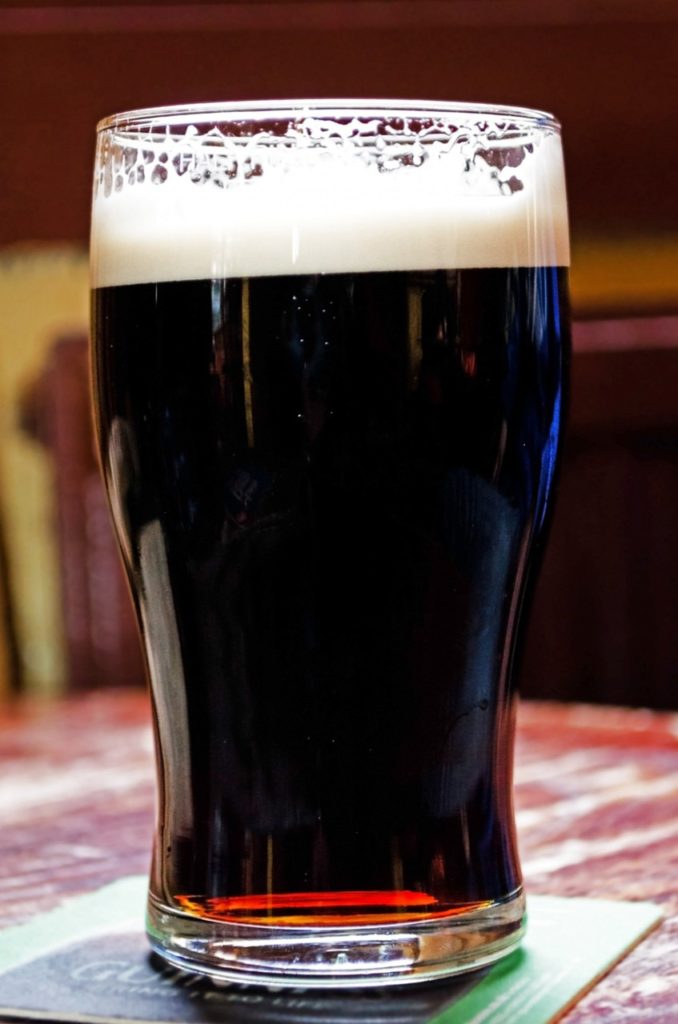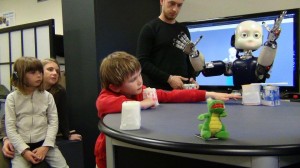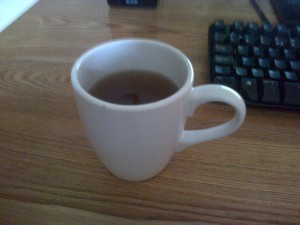
A systematic review has examined 30 studies—between them involving nearly 10,000 people with rheumatoid arthritis—carried out between 2000 and 2024. The work sheds fresh light on the relationship between 32 food groups, drinks, and nutrients and the risk of developing rheumatoid arthritis, with solid evidence that some food groups could help stave off the symptoms.
The findings show that some dietary factors – including oily fish and Vitamin D – could have a protective role and help stop people from developing the disease. Eating more cereals, including whole grains, breakfast cereals, and fruit, seems to be linked to a lower risk of rheumatoid arthritis while drinking more tea could be linked to a higher risk. However, according to research author Yuanyuan Dong, a PhD researcher at the University’s School of Food Science and Nutrition, the results are not straightforward. For example, drinking two units of alcohol a week—the equivalent of a pint of lower-strength lager or beer or a standard glass of wine a week—may have a protective effect. Still, excessive consumption increases the risk of developing the condition.
The protective effect of alcohol diminished with higher intake, disappearing entirely at approximately 7.5 units of alcohol per week – about four pints of lower-strength beer/lager/cider per week or 3.5 standard glasses of wine. Ms Dong said: “Rheumatoid arthritis is a typical multifactorial disease, driven by genetic and environmental factors. My research investigates whether dietary factors contribute to the risk of rheumatoid arthritis by increasing inflammation and affecting the immune system.
“These findings offer a deeper understanding of how diet can impact rheumatoid arthritis risk and suggest potential dietary modifications for disease prevention and management.”
While every cup of tea daily increased the risk by four per cent, the baseline risk from drinking tea was low, meaning that even with the 4% increase, the overall risk remained low. The researchers stressed that tea has many health benefits, and people should consider their overall diet and lifestyle when choosing what to eat and drink.
Ms Dong added that more research could help pinpoint how different types of tea might influence autoimmune diseases like rheumatoid arthritis.
The researchers argue that “one-size-fits-all” advice to follow a general “healthy diet” is not helpful for people with autoimmune diseases, instead urging a more tailored approach that fits their specific needs.


